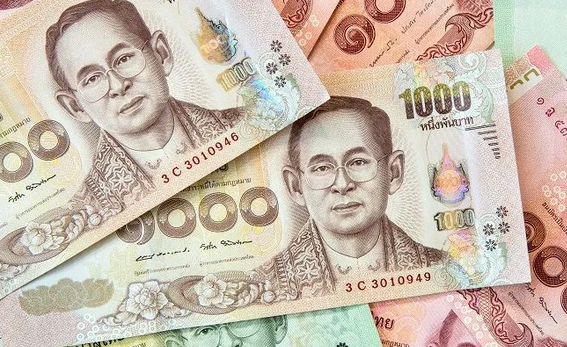BANGKOK – In the heart of Southeast Asia, Thailand finds itself at a crossroads of economic policy and social welfare, as the government’s proposal to raise the minimum wage to 400 baht per day has sparked a nationwide debate. This contentious issue has polarized opinions, with the government, led by Prime Minister Srettha Thavisin, advocating for the increase as a step towards ensuring a decent living standard for workers. The proposed hike, slated to take effect by October, is seen by proponents as a necessary measure to stimulate consumption and drive economic growth in the face of sluggish momentum.
On the other side of the debate, business councils, including the Thai Chamber of Commerce and the Federation of Thai Industries, have voiced their concerns, arguing that the Thai economy is not yet poised to absorb such an increase without significant repercussions. They fear that the wage hike could adversely affect small and medium-sized enterprises (SMEs), potentially leading to job losses and increased costs that could stifle the fragile economic recovery.
The government’s stance is that the increase is overdue, with the current minimum wage rates—ranging from 330 to 370 baht—being insufficient for the rising cost of living. The Pheu Thai party, currently in power, had previously campaigned on a promise to elevate the minimum daily wage to 600 baht by 2027, a vision that aligns with their broader economic and social policies.
However, the National Wage Committee, an independent tripartite body comprising representatives from the government, employers, and employees, has yet to reach a consensus. The committee insists on a thorough assessment of the impact on various industries and is determined not to succumb to political pressure. This has led to a standoff, with the committee emphasizing its autonomy and the need for a balanced approach that considers the welfare of all stakeholders.
Labour organizations and workers’ groups have rallied in support of the wage increase, highlighting the struggle of low-income earners to keep up with the cost of living. They argue that the wage hike is not just about economics, but also about dignity and fairness in the workplace. The debate has also brought to light the comparative minimum wage rates in neighboring countries, with Thailand’s proposed rate still falling short of the minimum wages in Indonesia and Malaysia, raising questions about regional competitiveness.
As the discussion unfolds, the government has hinted at potential assistance measures for affected businesses, including tax breaks and other forms of support. The Ministry of Labour is open to feedback from employers and is actively seeking solutions to mitigate the impact on businesses while advancing the welfare of workers.
The controversy over the minimum wage increase in Thailand is emblematic of the broader challenges faced by developing economies as they navigate the delicate balance between growth and social equity. With the national wage committee set to make a final decision by the end of July, all eyes are on Thailand as it grapples with this pivotal policy decision that could set a precedent for the region. The outcome of this wage war will undoubtedly have far-reaching implications for the Thai economy, its workforce, and the socio-economic landscape of Southeast Asia. (zai)

